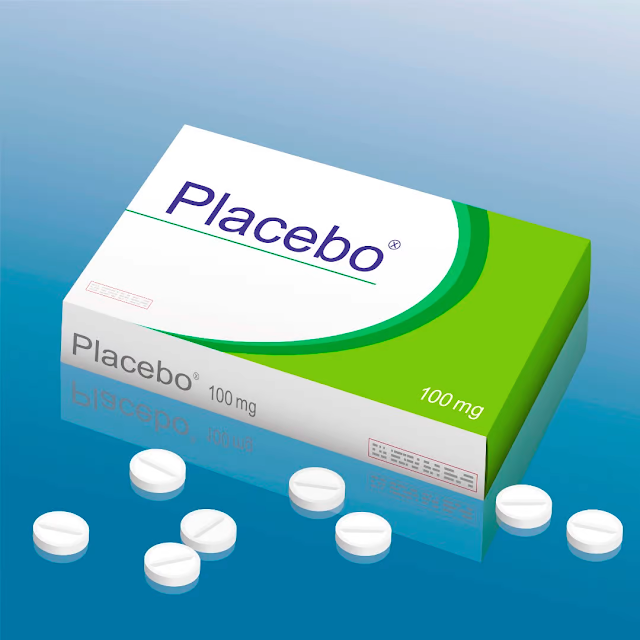Looking at Substance Abuse through a Trauma-Informed Lens
Anjou Parekh (she) is a licensed professional clinical counselor and works as a mental health counselor within Health Services at MiraCosta College. She holds a Master of Health Sciences in International Health, as well as a Master of Science in Counseling. She assists students facing a wide range of issues, including trauma, grief and loss, anxiety, depression, relationship issues, and other life transitions. Anjou is passionate about trauma-informed care, which is an approach to providing services and support that acknowledges the impact of trauma on people's lives.
What is Trauma?
Trauma refers to our response to a distressing event(s) that is beyond our ability to cope or understand. Traumatic events can include physical or emotional abuse, natural disasters, accidents, violence, and other situations that threaten our physical or psychological well-being. Traumatic events can also be less severe, such as ongoing stressors or events that are not necessarily life-threatening; however, these events can still have an impact.How are Trauma and Substance Use Connected?
When we are exposed to traumatic experiences, our emotional and psychological well-being can be significantly impacted. As a way to cope with the emotional pain and distress, some of us may turn to substance use as a way to cope or self-medicate.What is Trauma-Informed Care?
Trauma-informed care is an approach that helps create a safer and supportive environment by understanding the trauma history of individuals and therefore working toward a deeper healing and recovery.Our Health Services at MiraCosta College are trauma-informed, as we are aware that many students who seek mental health counseling have experienced various forms of trauma which can affect their emotional, psychological, and physical well-being.
How Can We Use a Trauma-Informed Approach for Substance Abuse?
We believe that a trauma-informed approach to understanding and working with substance abuse is needed to effectively treat and support those students who want to recover.Substance abuse is often a temporary escape from the challenging emotions of trauma. Alcohol, drugs, and other substances can give us a false sense of relief and temporarily numb the pain. However, this way of coping can often turn into addiction.
We work with our students to help them feel safer and supported.
- We encourage open communication and offer choices which can help people get a sense of control in their journey of recovery.
- When we meet with students, we learn about their trauma history since we believe that trauma can be an underlying cause of substance abuse.
- We can use therapies that specifically work on healing trauma. This approach, combined with referrals to addiction treatment programs, can help the chances of successful recovery since we are addressing both the causes and the effects of the trauma.
- We can help students understand the connection between their trauma and their substance abuse which often helps them to notice their behaviors and motivation when using.
- We can provide alternatives to coping with traumatic emotions and triggers, which can help students reduce their use of substances.
- We can create an environment that is non-judgmental and caring, so that students can build their self-confidence needed to recover.
For more information, questions, and support, please call us at Health Services at 760-795-6675, email us at mccshs@miracosta.edu, or stop by room 3326 in Oceanside or 917 at San Elijo. We offer 6 free sessions during the semester, and drop-in appointments during the semester and during breaks for enrolled students.




Comments
Post a Comment